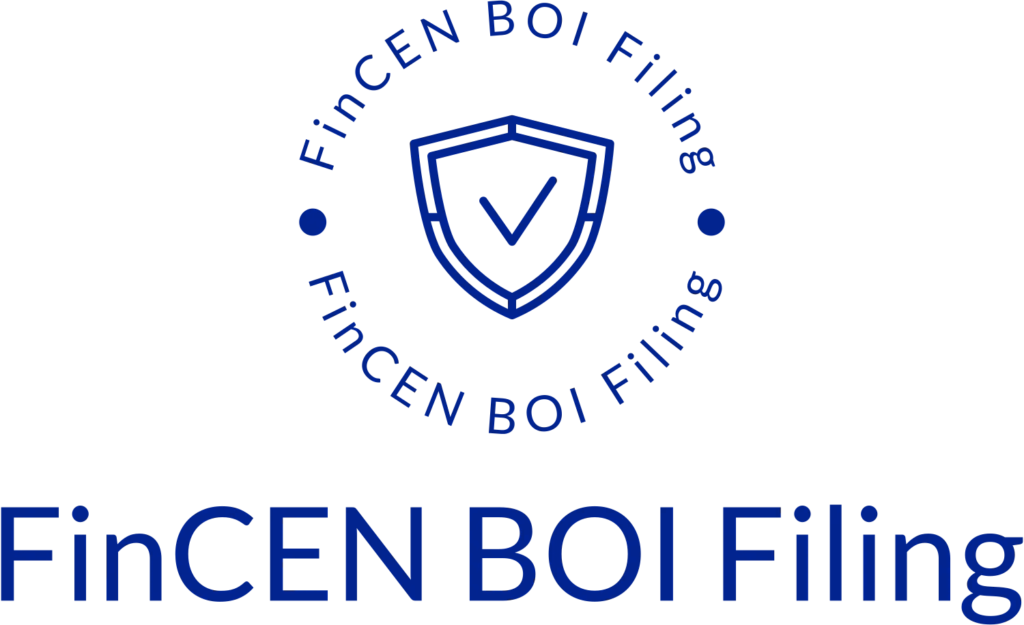Requirements and Obligations for Foreign-Owned Businesses in the U.S.
Foreign-owned businesses operating in the United States must navigate a complex regulatory landscape, particularly concerning the filing of Beneficial Ownership Information (BOI) reports with the Financial Crimes Enforcement Network (FinCEN). According to U.S. regulations, any foreign company or individual that has registered or incorporated at the state or tribal level to conduct business domestically is classified as a ‘reporting company.’
What is a Reporting Company?
A ‘reporting company’ is defined as any corporation, limited liability company (LLC), or similar entity that is created by the filing of a document with a state or tribal office. This includes foreign companies that have registered to do business within U.S. jurisdiction. Such entities are required to disclose specific information about their beneficial owners, i.e., individuals who exercise significant control over the company or own a substantial interest in it.
Steps to File BOI Reports
The process of filing BOI reports entails several steps. Initially, reporting companies must submit detailed information about their beneficial owners, including full legal names, dates of birth, residential addresses, and unique identifying numbers from acceptable identification documents. The filing must be completed through FinCEN’s online portal, adhering to prescribed timelines. Typically, new entities are required to file within 30 days of registration, while existing entities have until January 1, 2025, to submit their first report. After the initial filing, updates on any changes to beneficial ownership must be reported within 30 days.
Importance of BOI Compliance
Compliance with BOI reporting is crucial. Accurate and timely submissions help prevent financial crimes such as money laundering and terrorist financing. Failure to file the required reports, or submitting false or incomplete information, can result in severe legal and financial consequences. Penalties may include substantial civil fines, and in cases of willful violations, potential criminal penalties such as fines and imprisonment. Non-compliance can also lead to reputational damage, significantly impacting the business’s operations and its ability to engage in the U.S. market.
BOI Reporting Exemptions
FinCEN has identified 23 specific entity types that are exempt from BOI filing requirements. These include, but are not limited to, certain government bodies, banks, credit unions, investment companies registered with the Securities and Exchange Commission (SEC), tax-exempt entities under the Internal Revenue Code, and subsidiaries wholly owned by exempt entities in certain cases. For an entity to qualify for an exemption, it must meet specific criteria set forth by FinCEN.
Exempt entity types include:
- Securities reporting issuer
- Governmental authority
- Bank
- Credit union
- Depository institution holding company
- Money services business
- Broker or dealer in securities
- Securities exchange or clearing agency
- Other Exchange Act registered entity
- An investment company or investment adviser
- Venture capital fund adviser
- Insurance company
- State-licensed insurance producer
- Commodity Exchange Act registered entity
- Accounting firm
- Public utility
- Financial market utility
- Pooled investment vehicle
- Tax-exempt entity
- Entity assisting a tax-exempt entity
- Large operating company
- Subsidiary of certain exempt entities
- Inactive entity
Special Considerations for Sole Proprietorships
Additionally, there are special considerations for sole proprietorships operated by foreign individuals. If a foreign individual operates a business without formally registering it as a separate legal entity (such as a corporation or LLC), they may be exempt from the BOI filing requirements. This exemption hinges on the fact that no formal business entity was created by registration, thus negating the need for BOI reporting. However, foreign citizens must understand that this exemption is highly specific, and any deviation, such as incorporating the business, may subject them to BOI requirements.
Practical Examples
Practical examples can help illustrate these complexities. For instance, a foreign-owned investment fund registered with the SEC would be exempt from BOI reporting, while a foreign sole proprietor running a small consultancy in the U.S. without formal incorporation would also be exempt. Conversely, if that same consultancy were to be incorporated as an LLC or corporation, BOI filing would become necessary.
Thus, understanding and adhering to these requirements is essential for foreign citizens and companies operating in the U.S. Compliance not only ensures legal standing but also fosters a transparent and trustworthy business environment.
Streamlined Filing with FinCENBOIFiling.com
For foreign companies navigating these exemptions, FinCEN BOI Filing offers a secure website where you can easily file your Beneficial Ownership Information (BOI) report. If you are unsure about your filing requirements, you can take our BOI eligibility quiz to determine if you need to file. Trust FinCENBOIFiling.com for a streamlined and secure filing process.
For more information and resources, visit our homepage and ensure your compliance with U.S. regulations effectively and efficiently.





